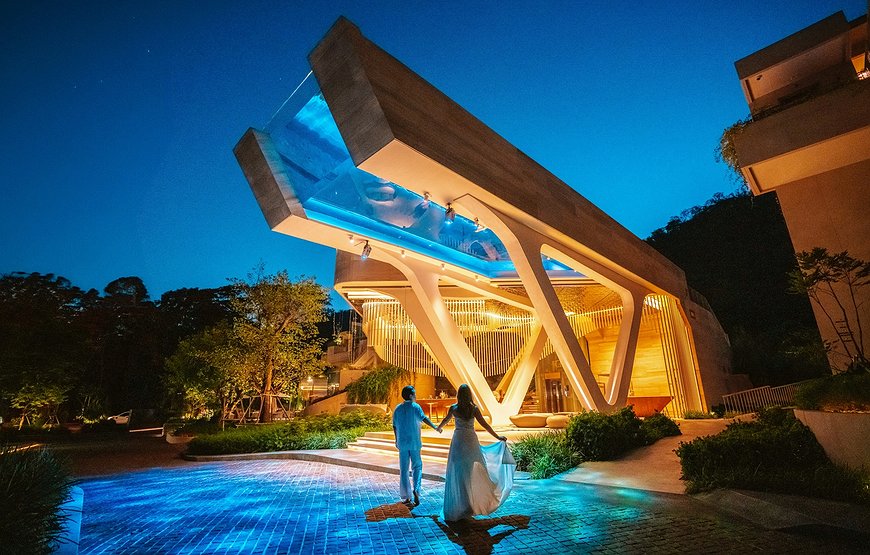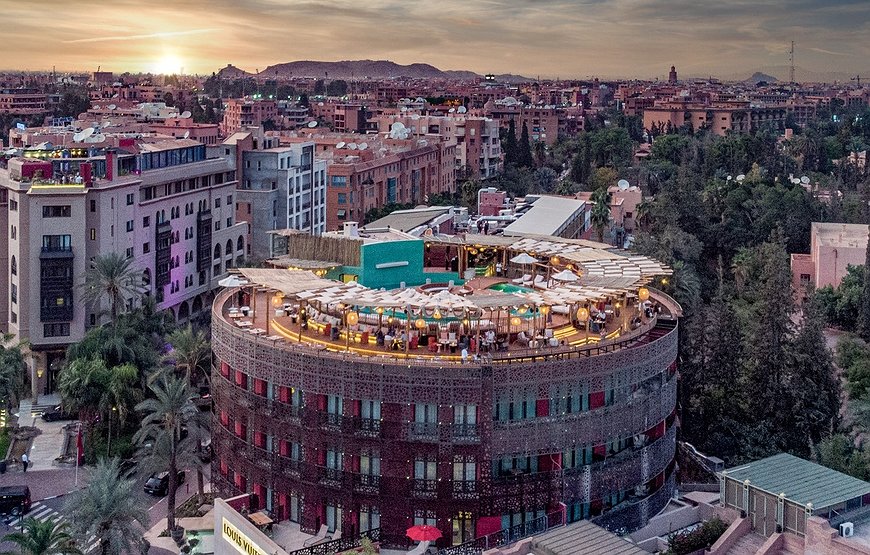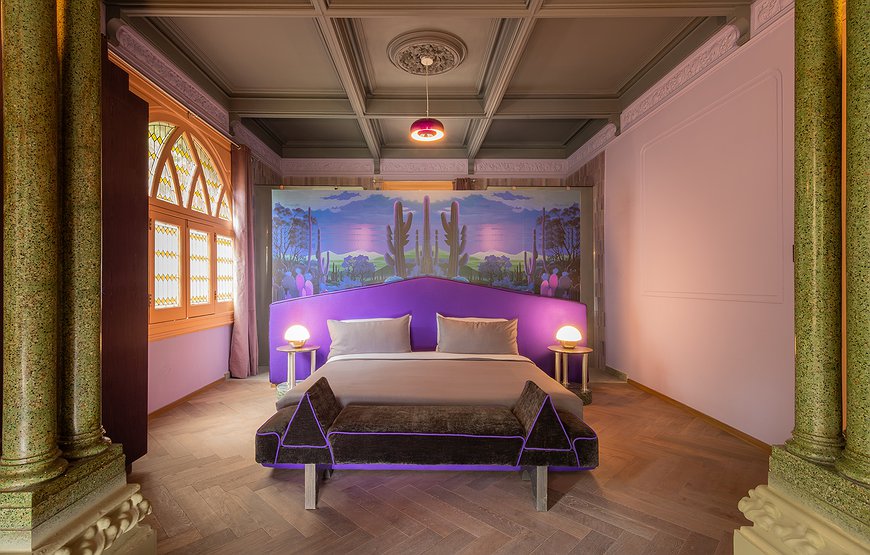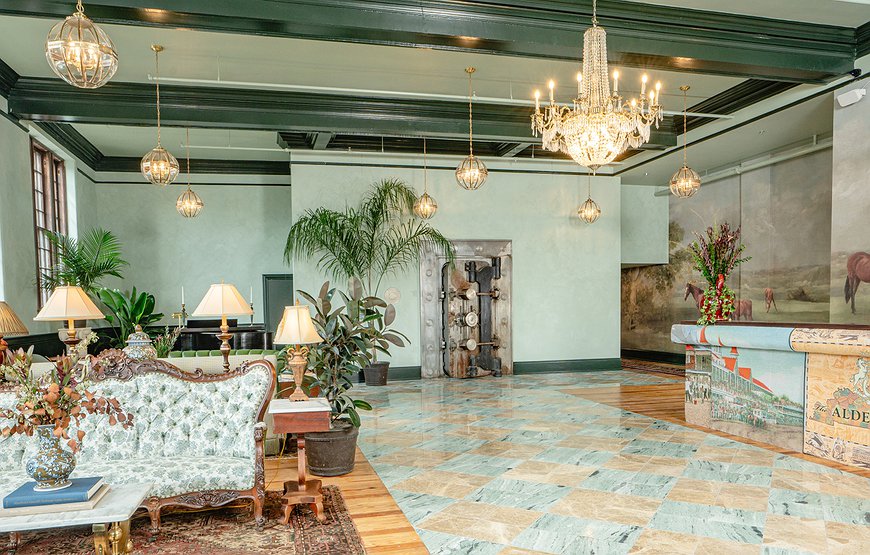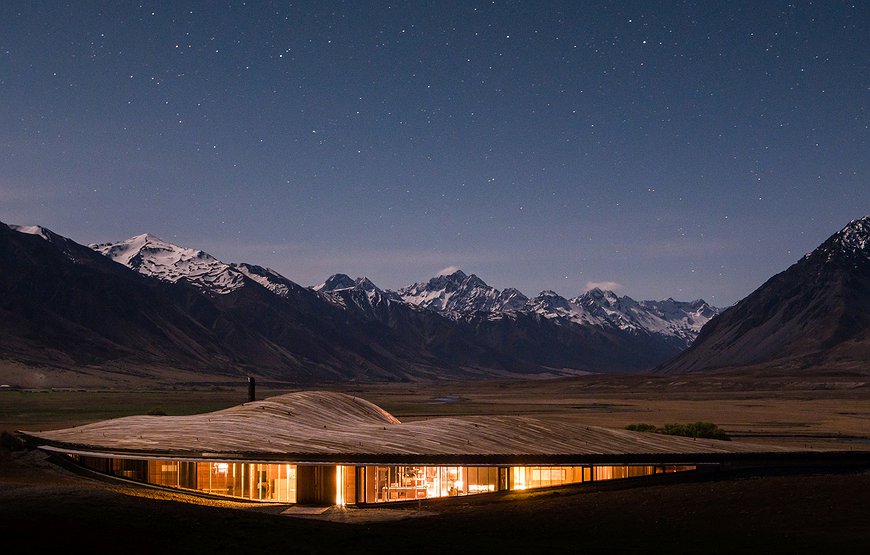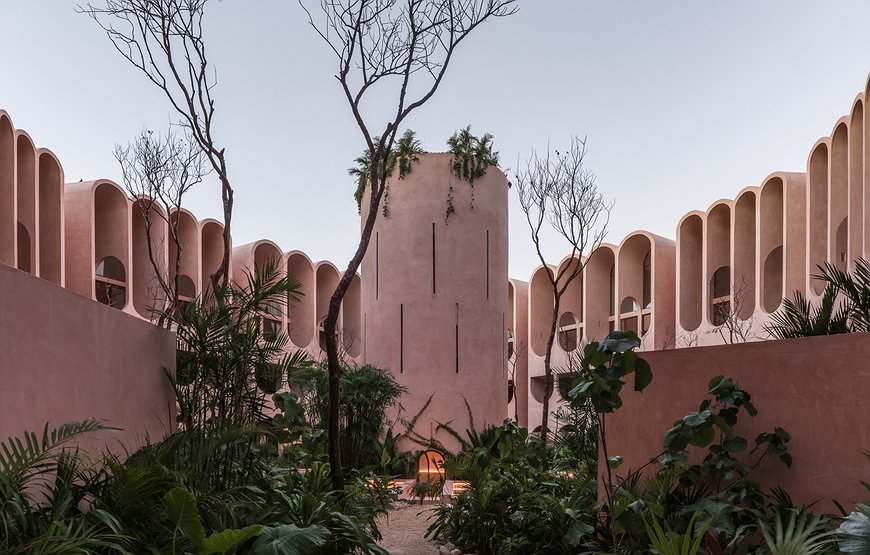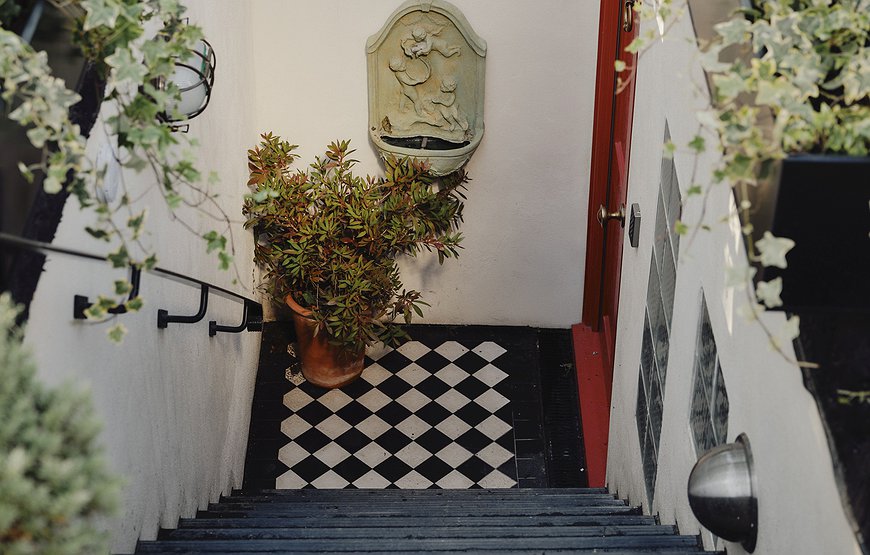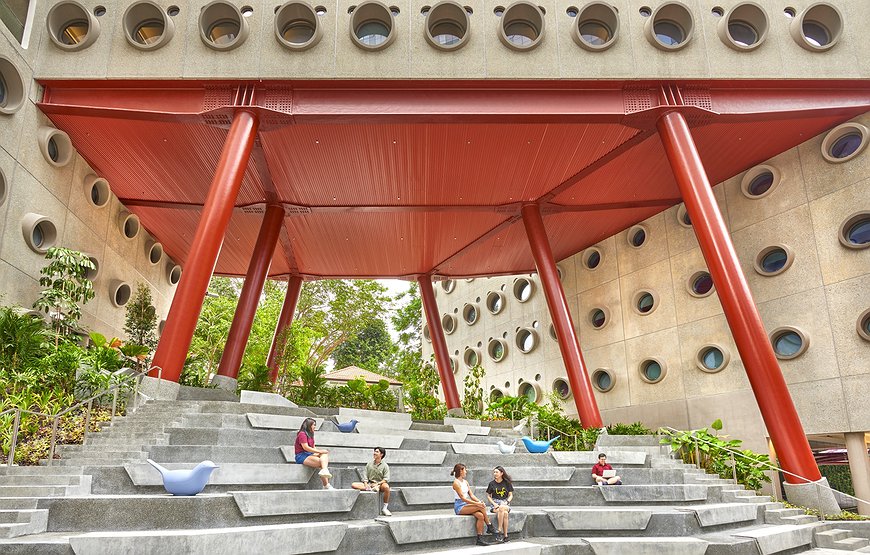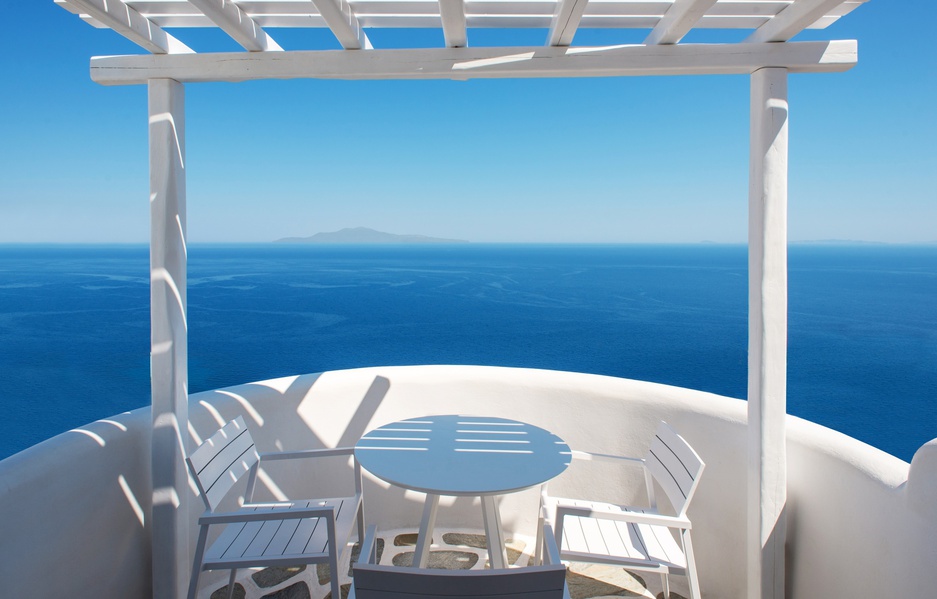
On the precipice of nowhere, where ancient stone meets endless blue, sits a hotel born from one man's obsession with a ruined windmill and a love affair with isolation.
Folegandros – try saying it without stumbling over the syllables – remains mercifully untouched by the cruise ship hordes that descend on its flashier Cycladic siblings. While Santorini groans under the weight of Instagram influencers and Mykonos parties itself into oblivion, this tiny speck in the Aegean maintains an almost stubborn anonymity. No airport. No cruise terminal. Just a ferry that chugs in from Santorini, carrying the occasional wanderer who's either lost or in the know.
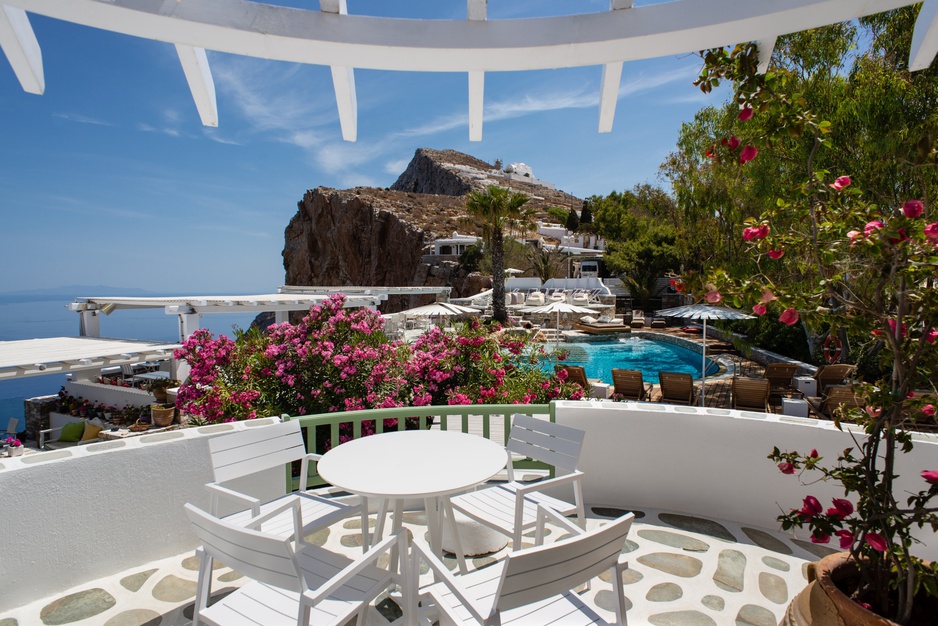
Anemomilos Boutique Hotel opened its doors in 1993
The Anemomilos Boutique Hotel perches on the edge of everything – literally. From certain rooms, you could probably toss a pebble into the sea a thousand feet below, though the management probably wouldn't appreciate the gesture.
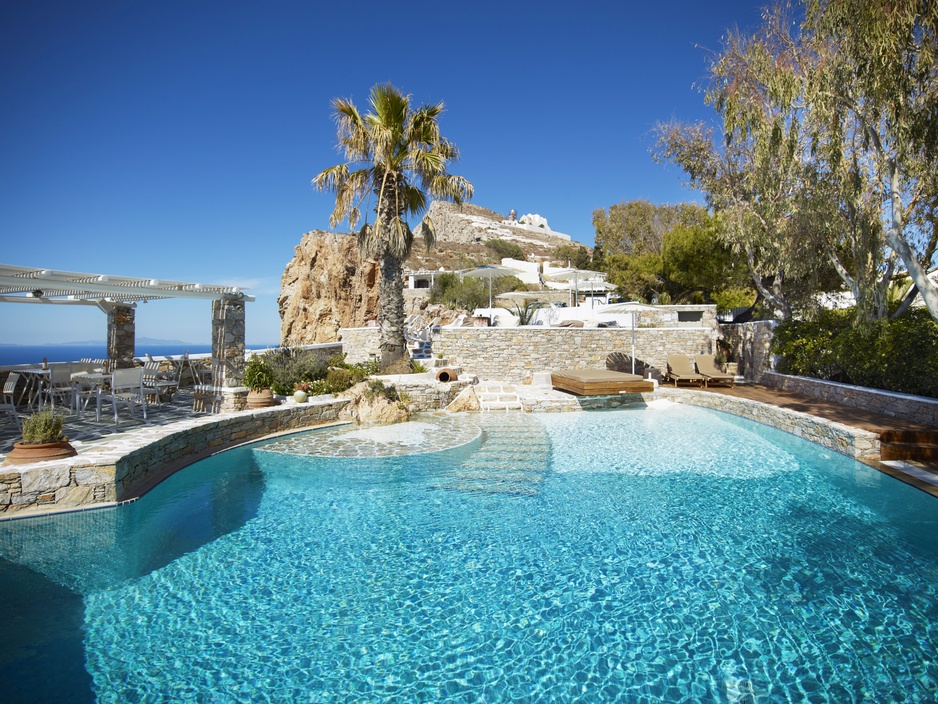
The building occupies the spot where the village's solitary windmill once caught the Aegean winds, hence the name: Anemomilos means windmill in Greek, though the poetry gets lost somewhat in translation.
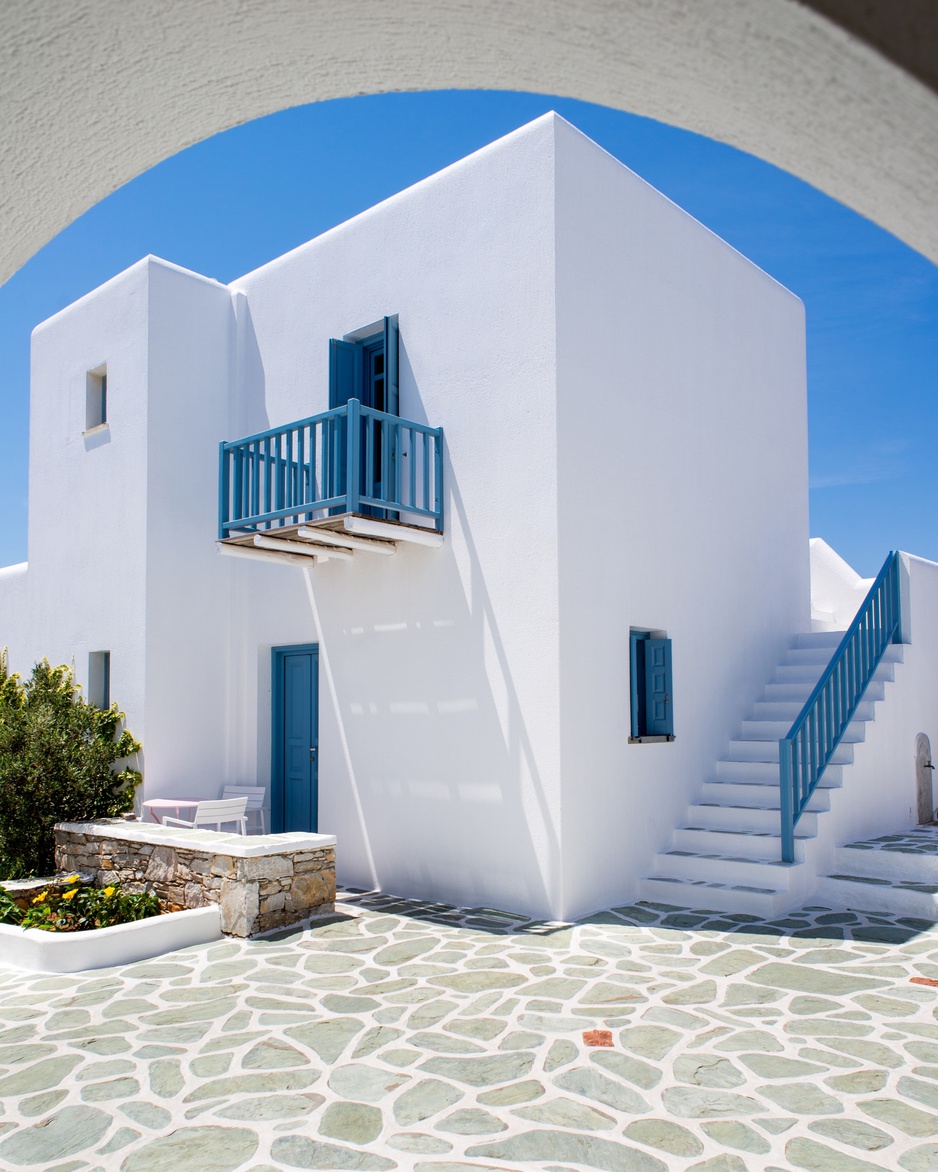
Dimitris Patelis discovered this patch of cliff-top real estate three decades ago, back when he was wielding hammers for a living rather than room keys.
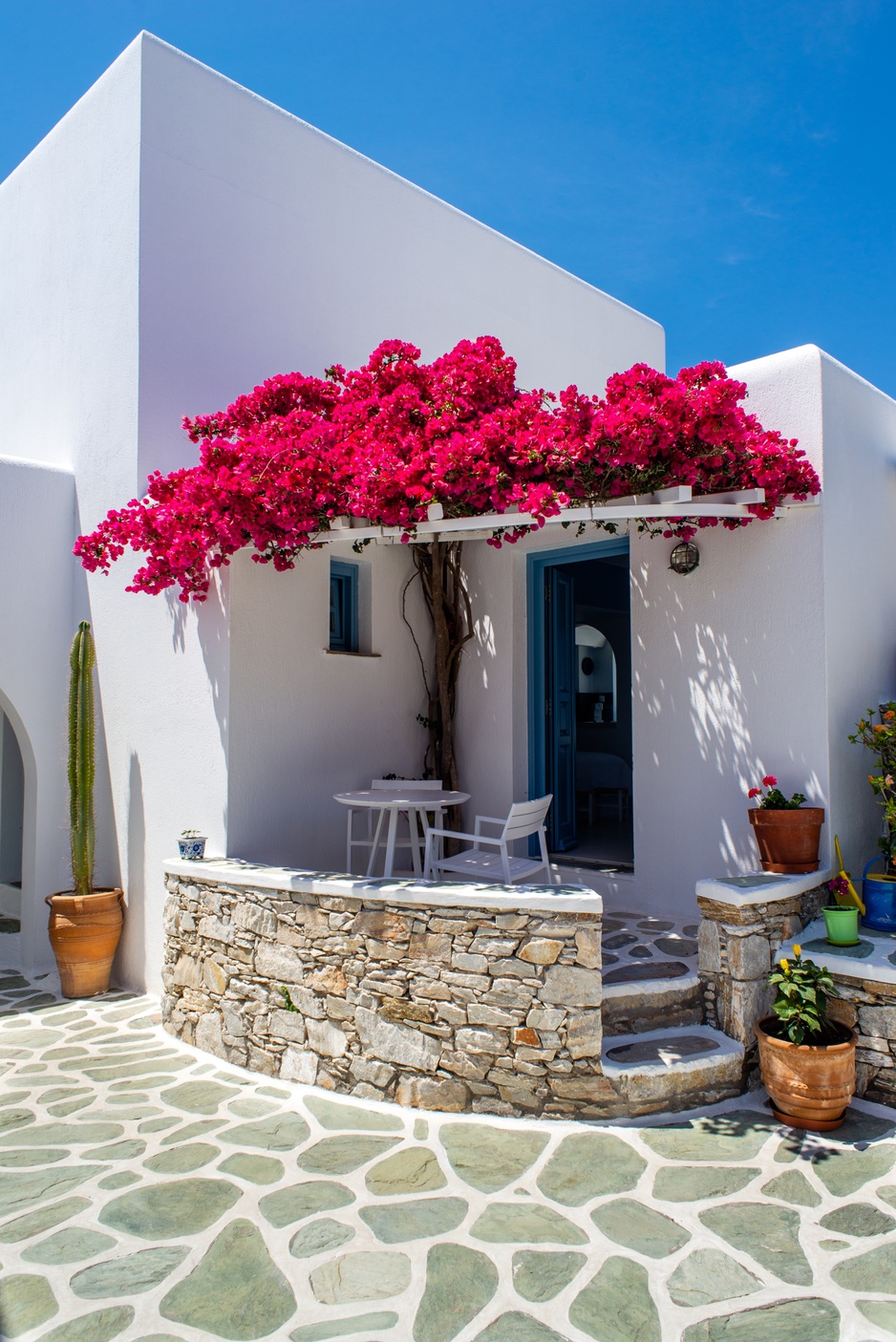
Like many before him, he arrived as a tourist and never quite managed to leave – at least not spiritually. What followed was a three-year labor of love that involved more dynamite than is probably advisable, given the setting.
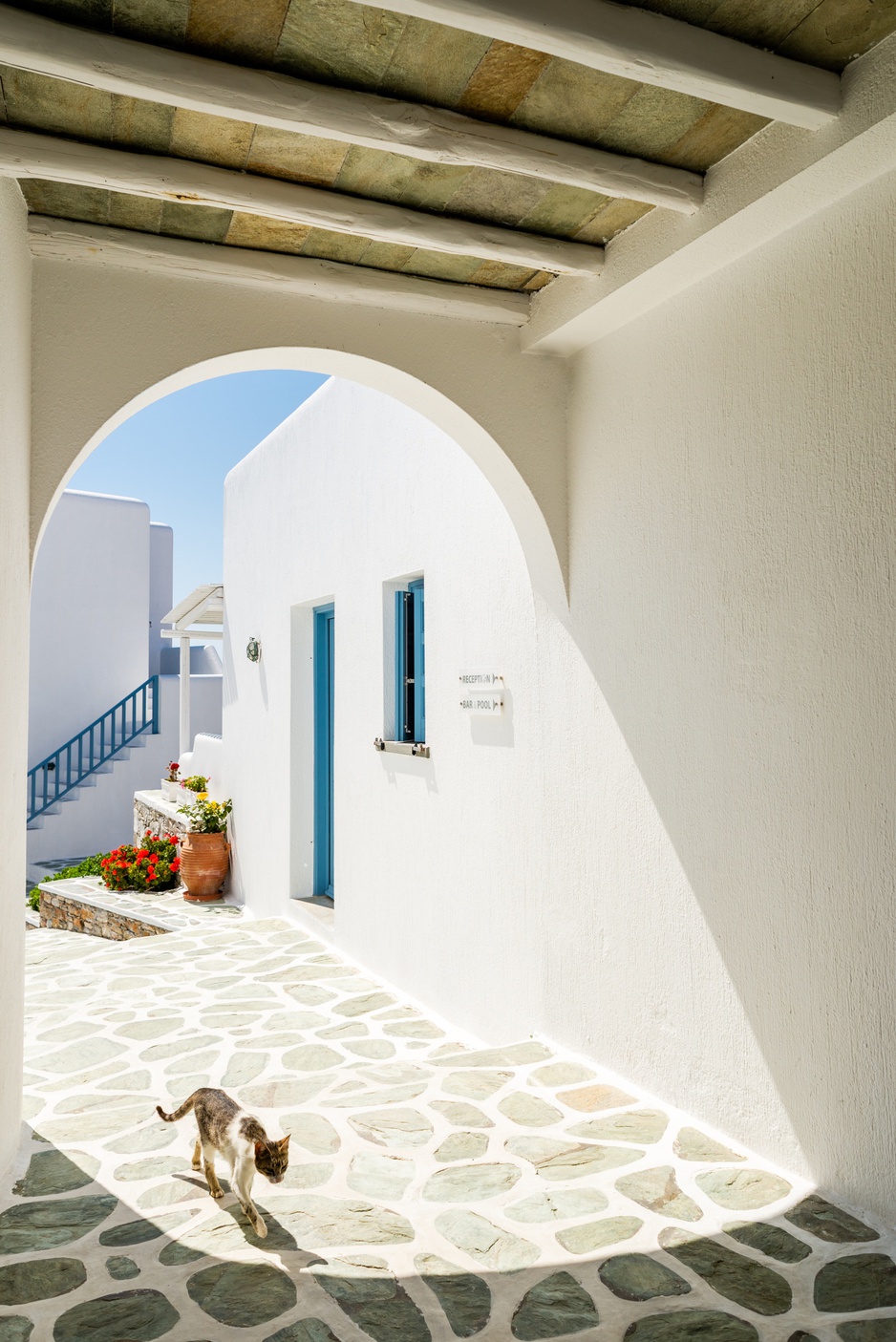
Building anything substantial on Folegandros in the early 1990s required the kind of determination usually reserved for polar explorers. No electricity meant no power tools. No hardware stores meant hauling materials from Athens. No excavation equipment meant breaking rocks the old-fashioned way – with iron bars, sweat, and the occasional controlled explosion. Patelis essentially chiseled his hotel into existence, one stubborn chunk of limestone at a time.
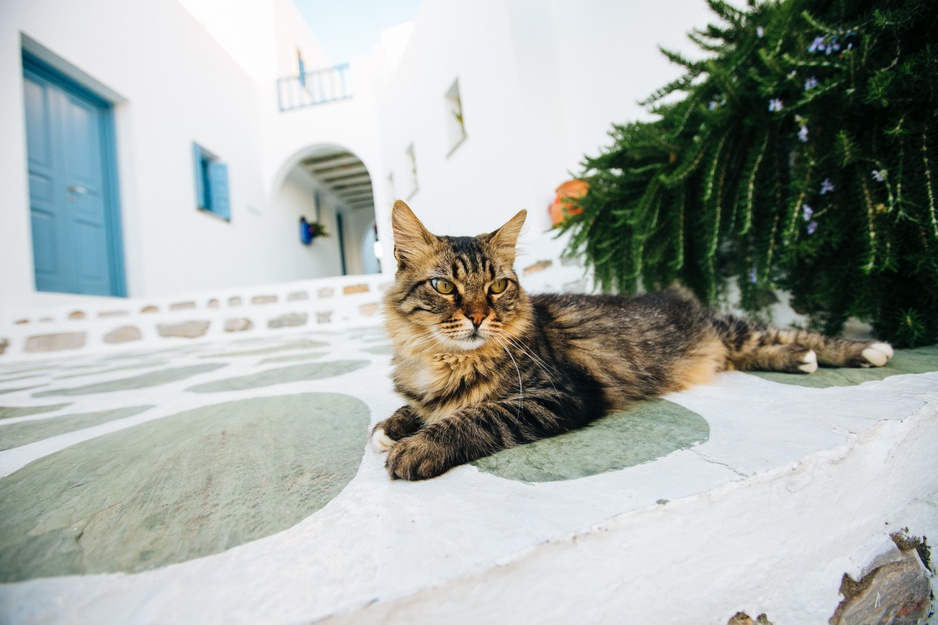
The result is 20-odd rooms that seem to hover in mid-air, their blue shutters and whitewashed walls following the traditional Cycladic playbook while their position defies both gravity and common sense.
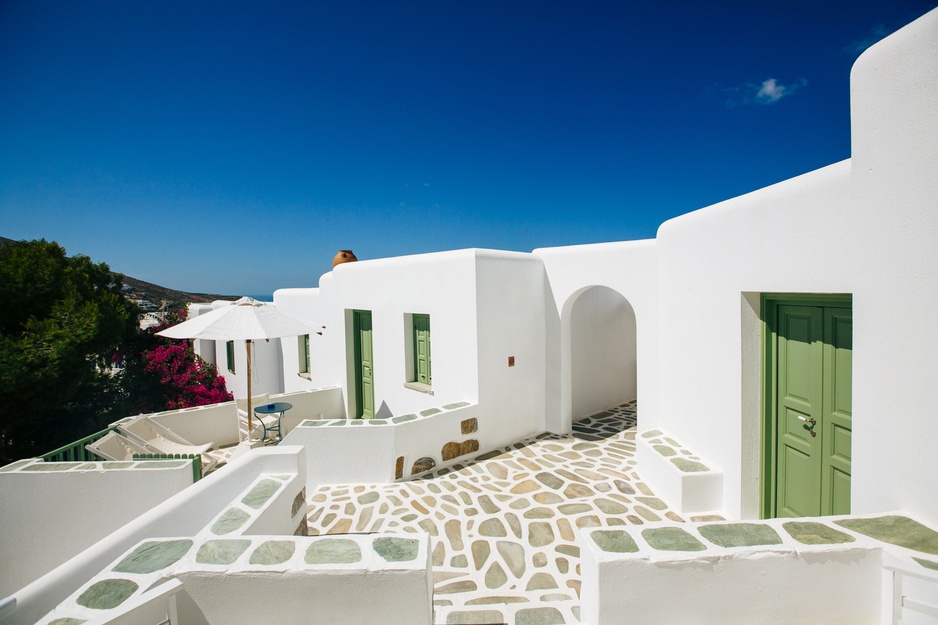
The family operation – now involving Patelis's wife Carmelina and daughter Diana – runs with the kind of personal attention that's become extinct at larger establishments.
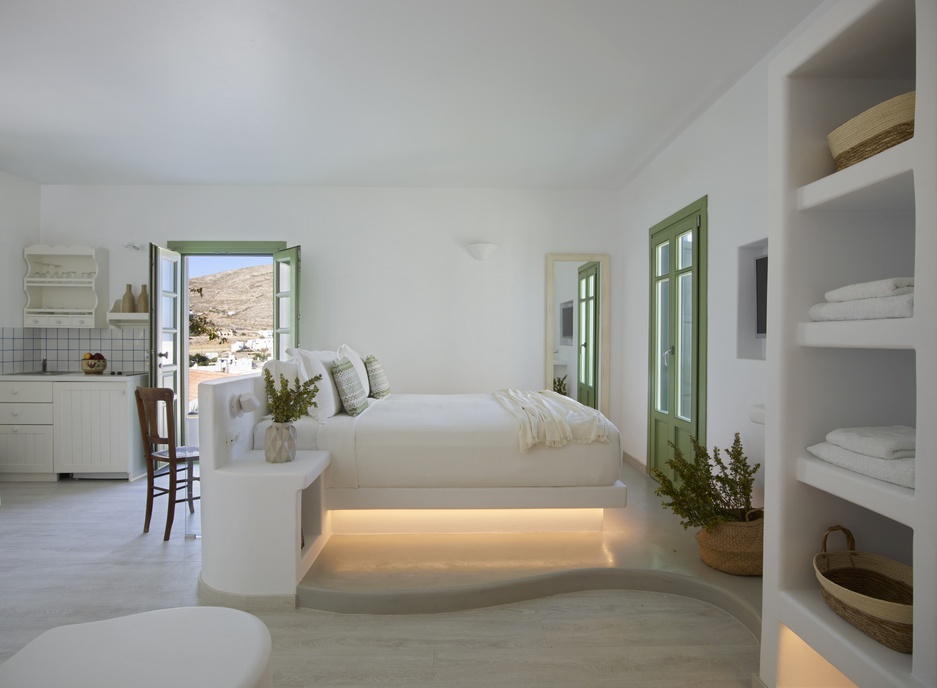
This isn't the sort of place where you're handed a plastic key card and pointed toward the lift. Diana might show you to your room personally, and Dimitris still meets ferries when his schedule allows, ferrying guests up the winding road to Chora in his trusty Cherokee.
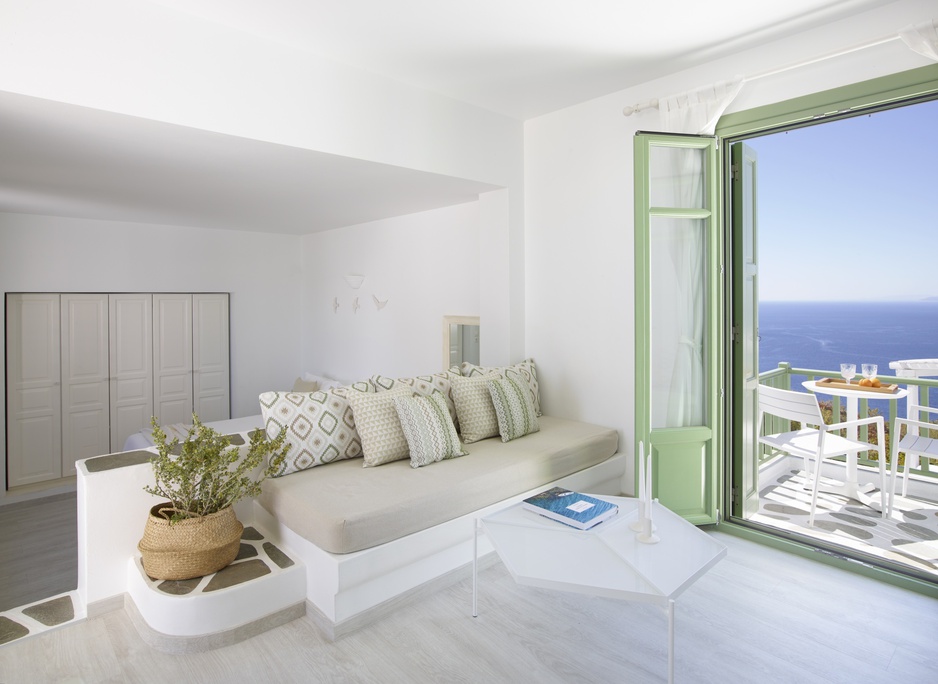
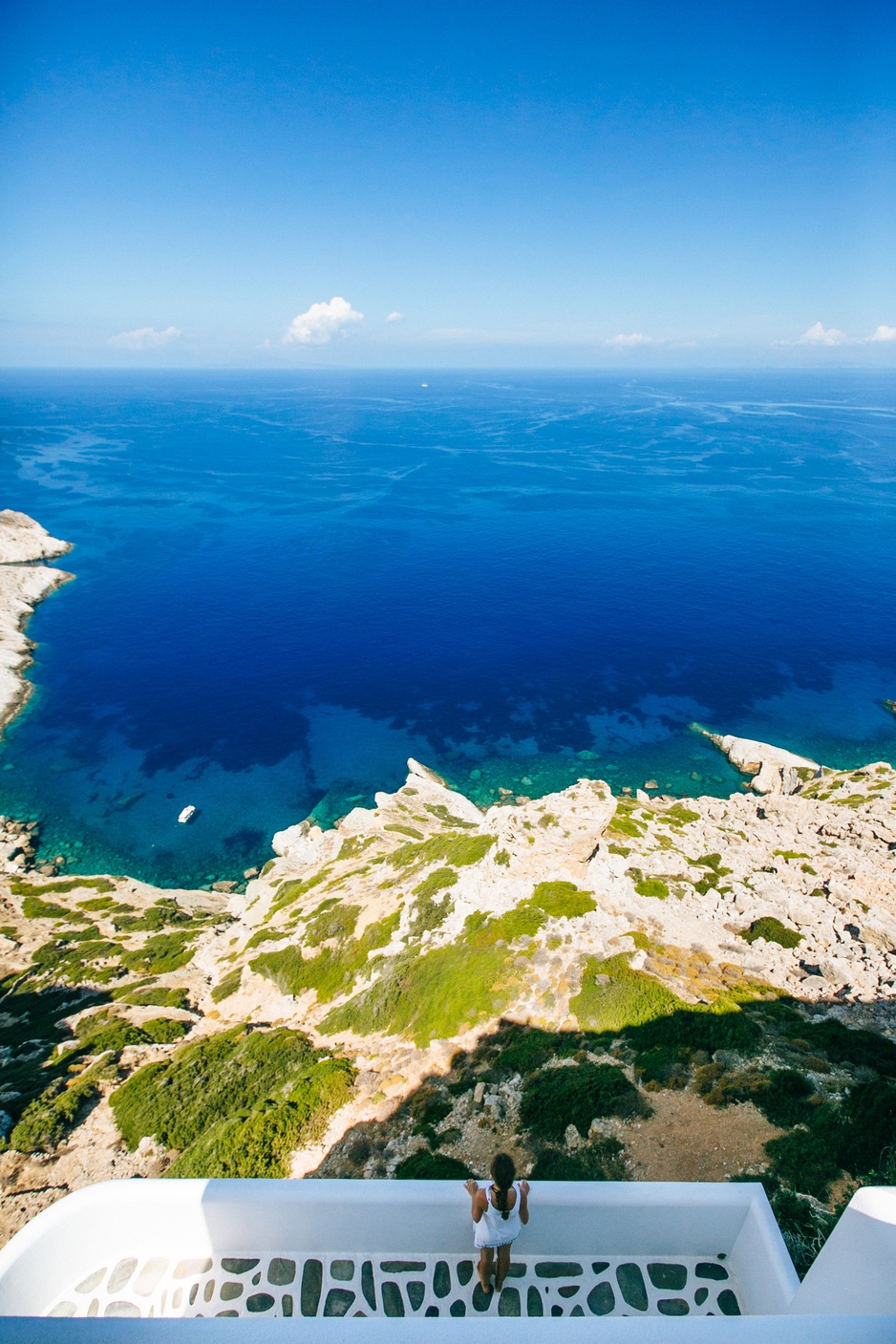
Wake up in one of the cliff-facing rooms and you're confronted with a view that makes you question whether you're still on the same planet you went to sleep on.
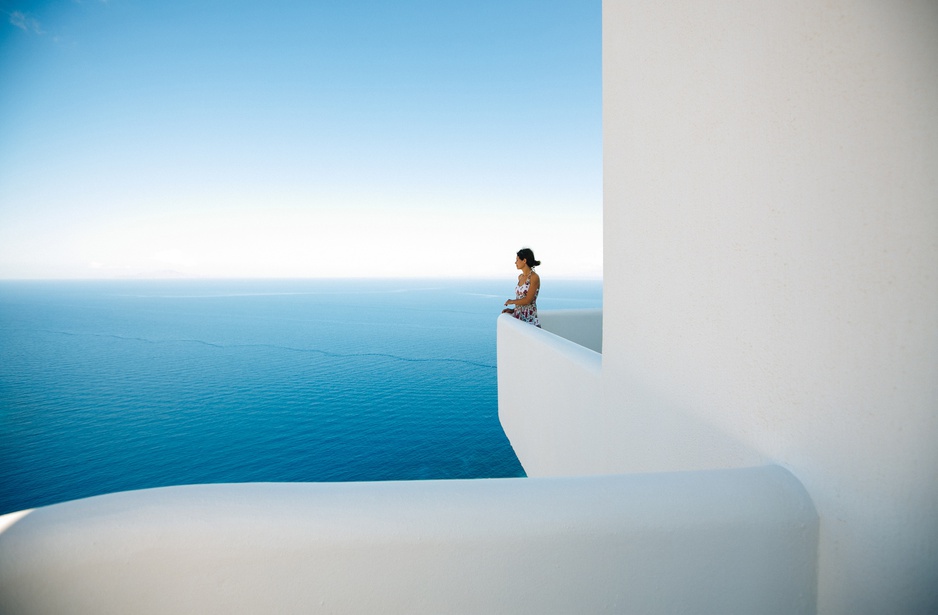
The town itself – properly called Hora, though locals swallow the final 'a' – consists of a handful of winding streets that seem designed by someone with a sense of humor about tourism. Cars can barely squeeze through the narrowest passages, leaving the main square and its surrounding tavernas blissfully pedestrian. The famous church that crowns the island's highest point is a short but steep walk from the hotel, offering views that render most photography attempts futile.
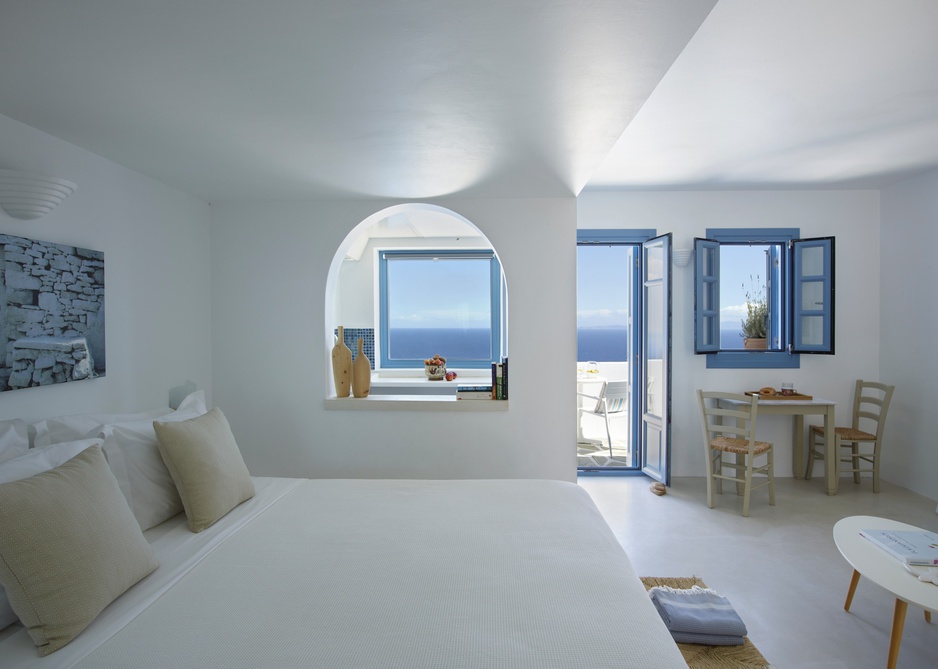
What strikes visitors isn't just the dramatic geography but the absence of what you'd expect to find elsewhere in the Greek islands. No souvenir shops hawking miniature Parthenons. No British breakfasts advertised in four languages. No happy hour signs or foam parties. Instead, there are conversations with locals who seem genuinely curious about where you've come from, tavernas where the catch of the day actually was caught today, and nights where the loudest sound is waves hitting rocks far below.
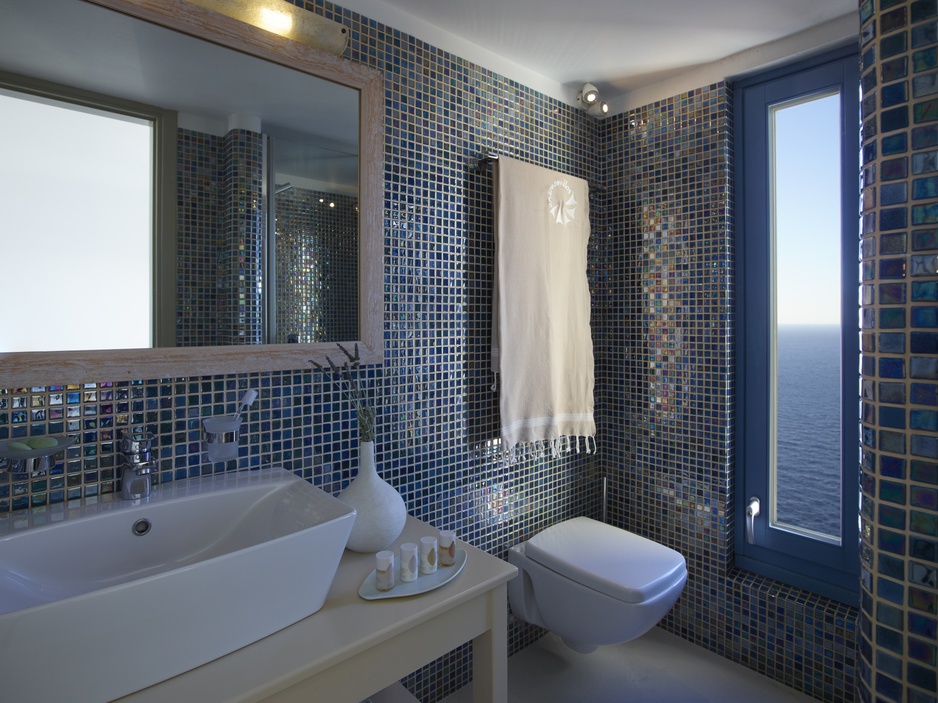
The island attracts a particular type of traveler – those who've grown weary of fighting for photo opportunities or queuing for sunset views. Germans and Scandinavians seem particularly drawn to its unvarnished authenticity, along with Greeks seeking to rediscover their own country without the tourist trappings. Americans remain surprisingly rare, perhaps put off by the absence of direct flights and the need to actually plan ahead.
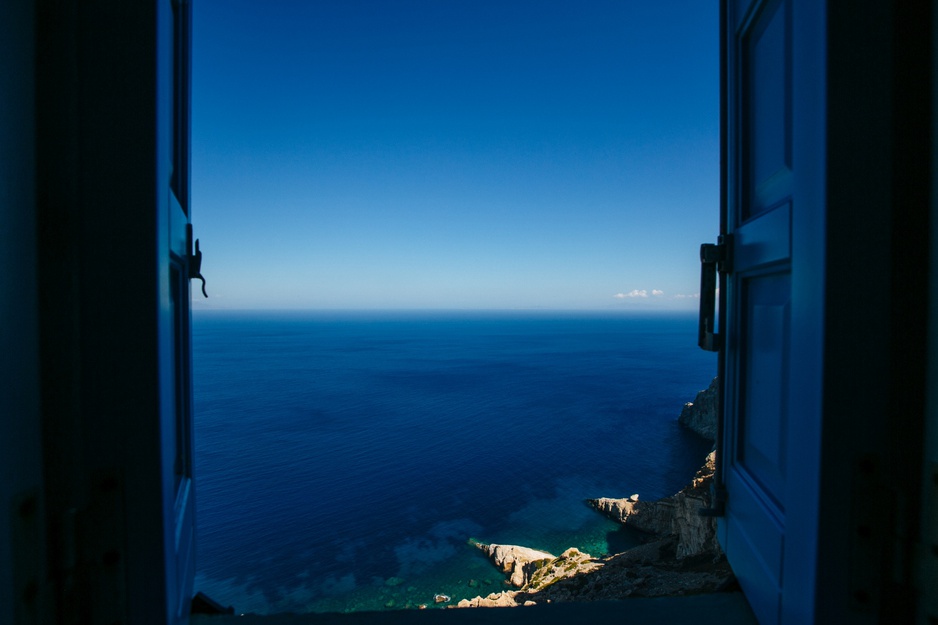
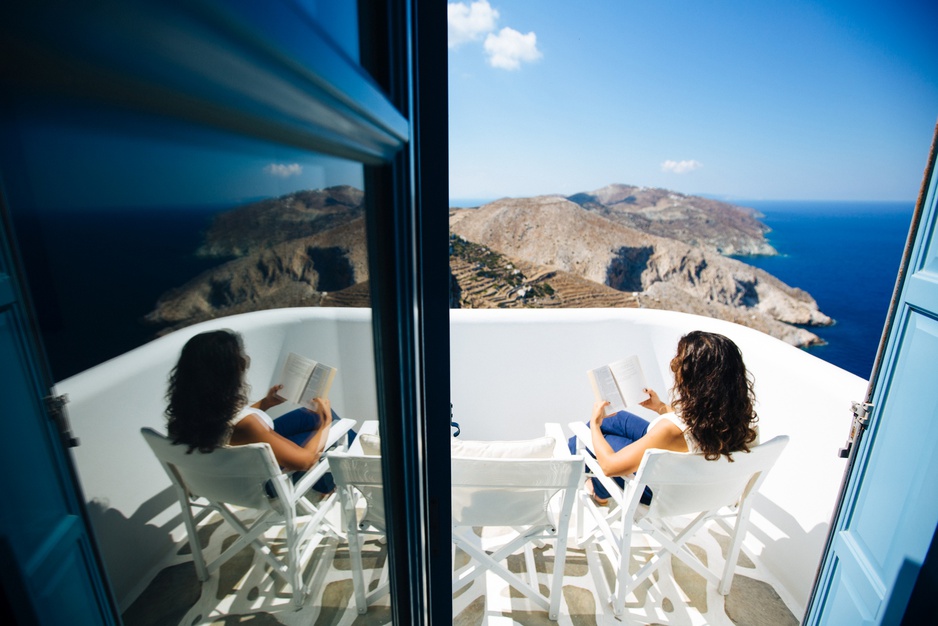
From the hotel's terraces, the view encompasses a trinity of smaller islands floating on the horizon like sleeping whales, their outlines shifting with the light throughout the day.
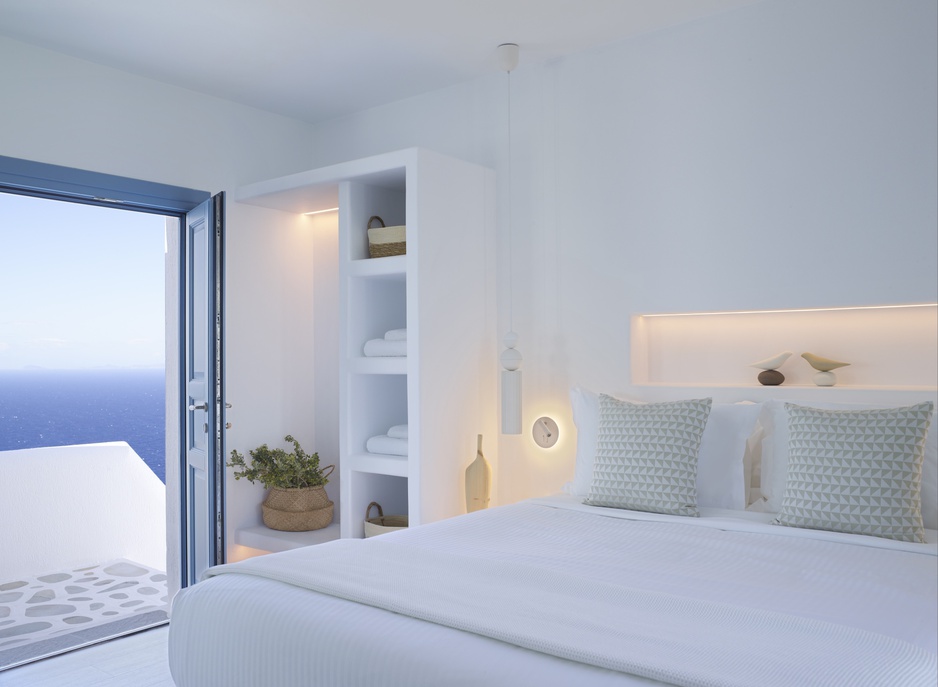
Below, the sea reveals its secrets – sea urchins clinging to underwater rocks, fishing boats trailing silver wakes, the occasional dolphin pod heading somewhere important.
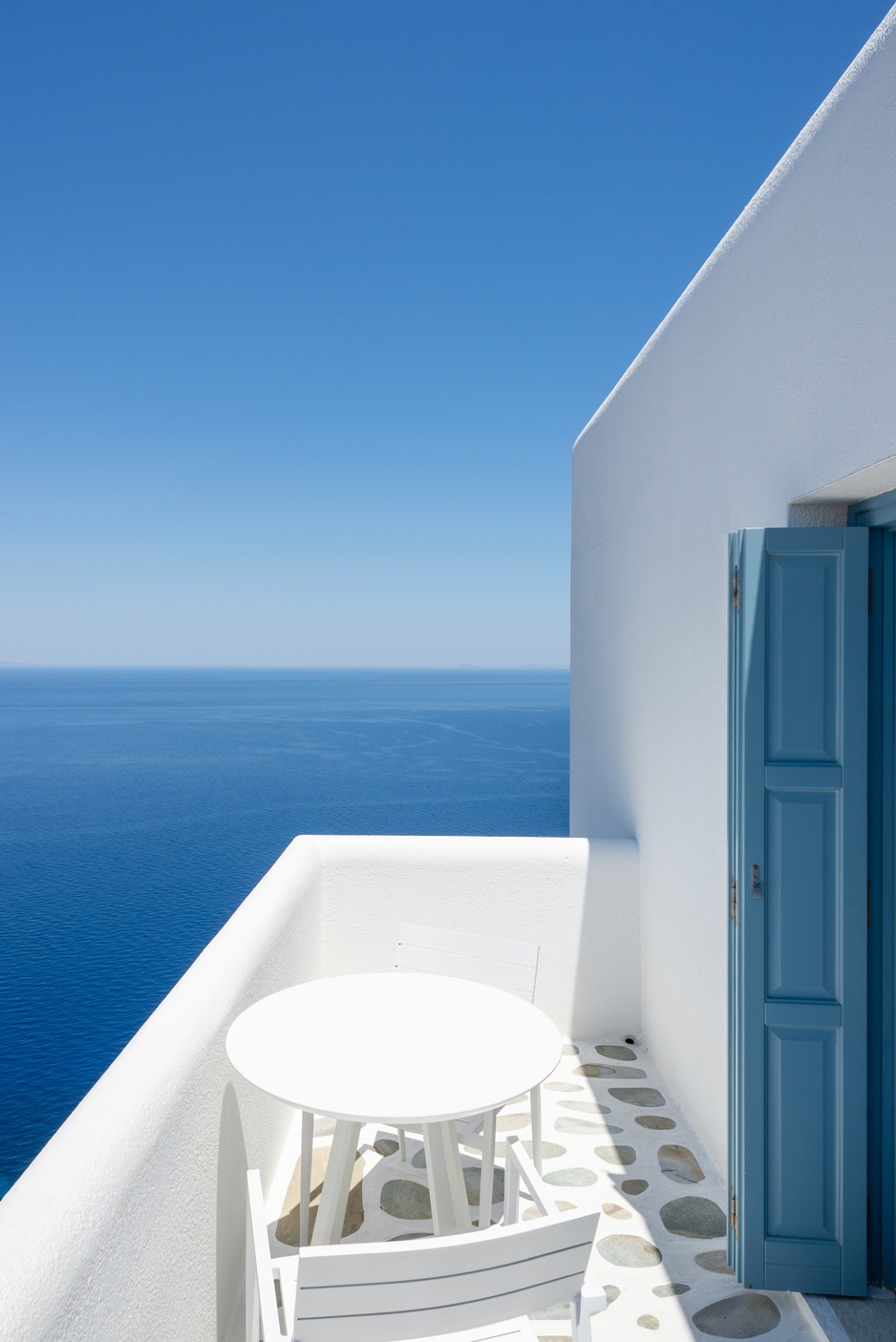
This is Greece as it existed before package tours and budget airlines democratised paradise. Whether that's a good or bad thing depends entirely on what you're trying to escape from – and what you're hoping to find.
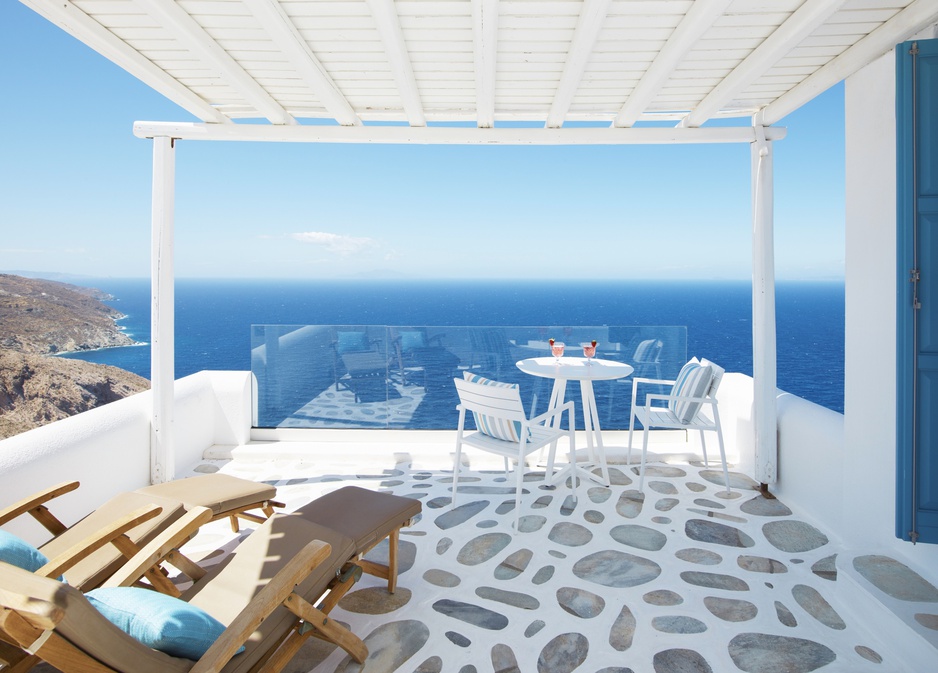
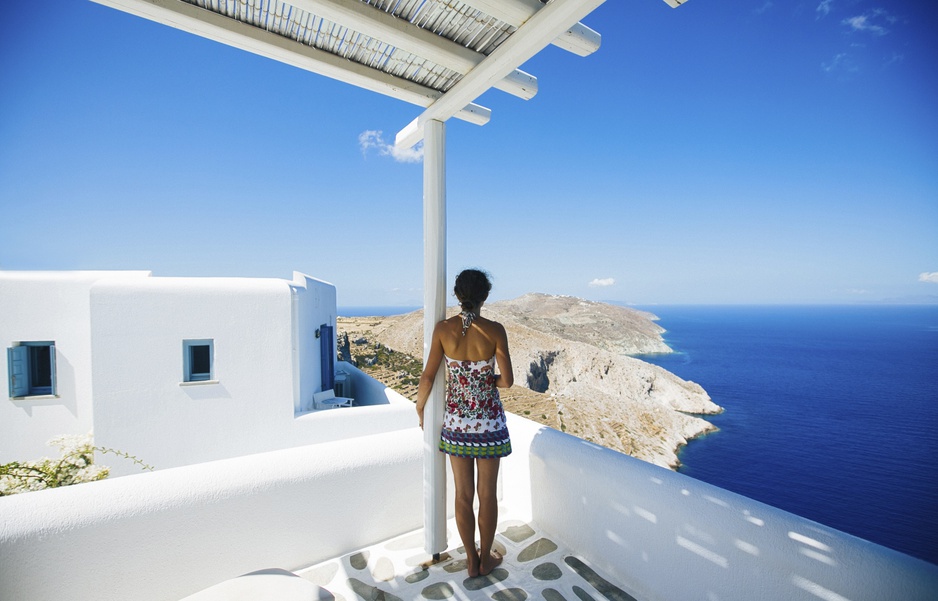
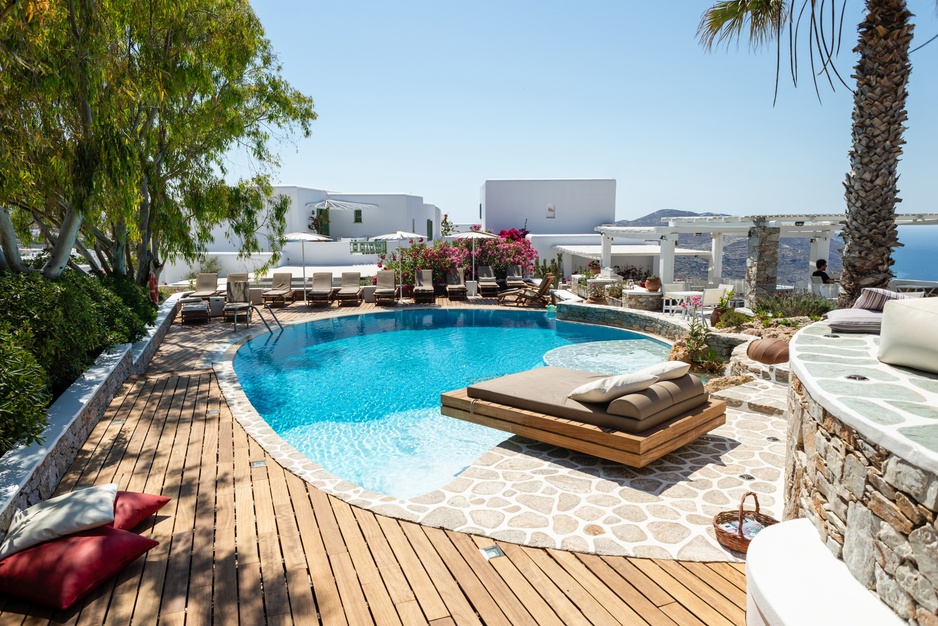
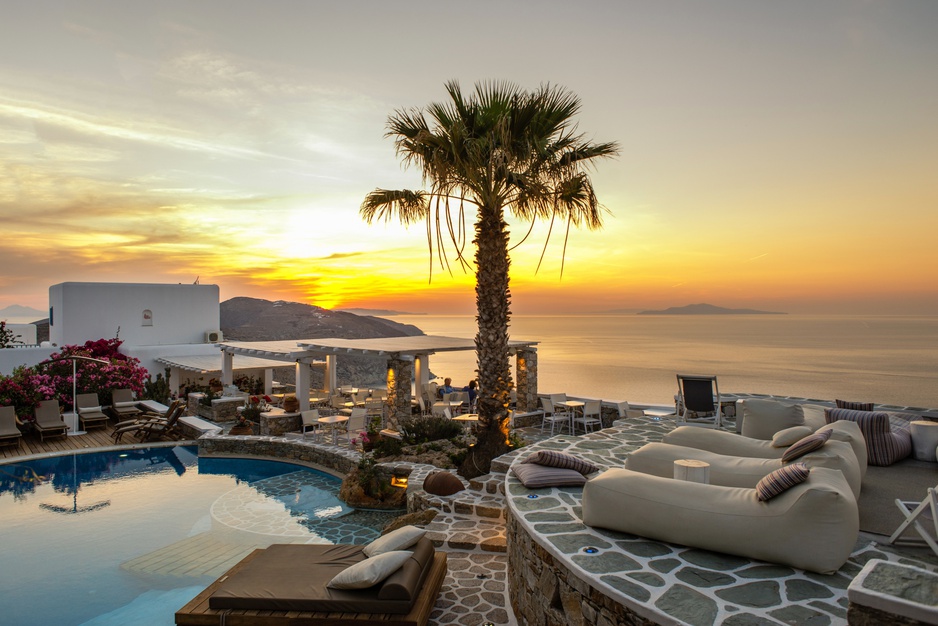
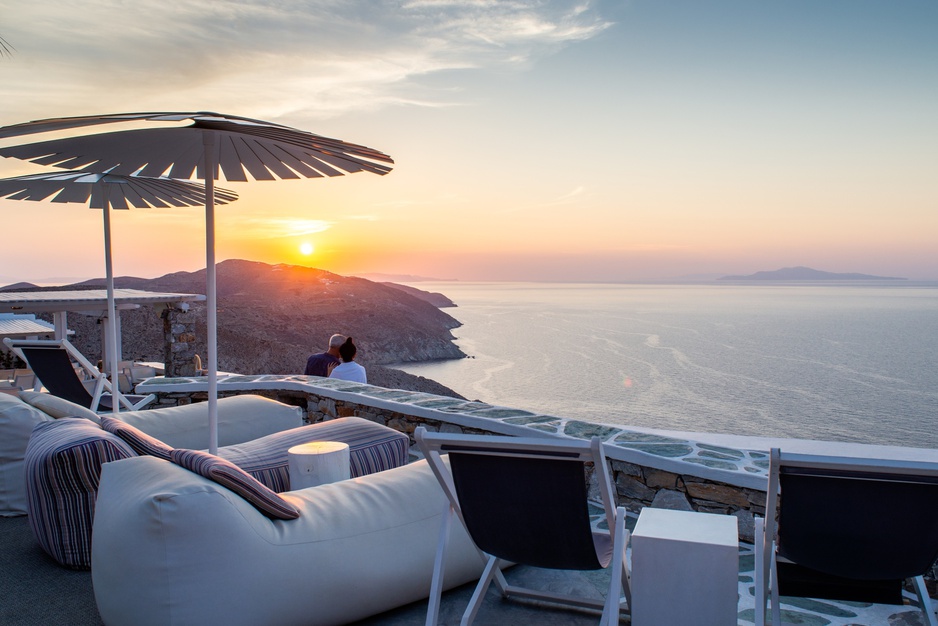
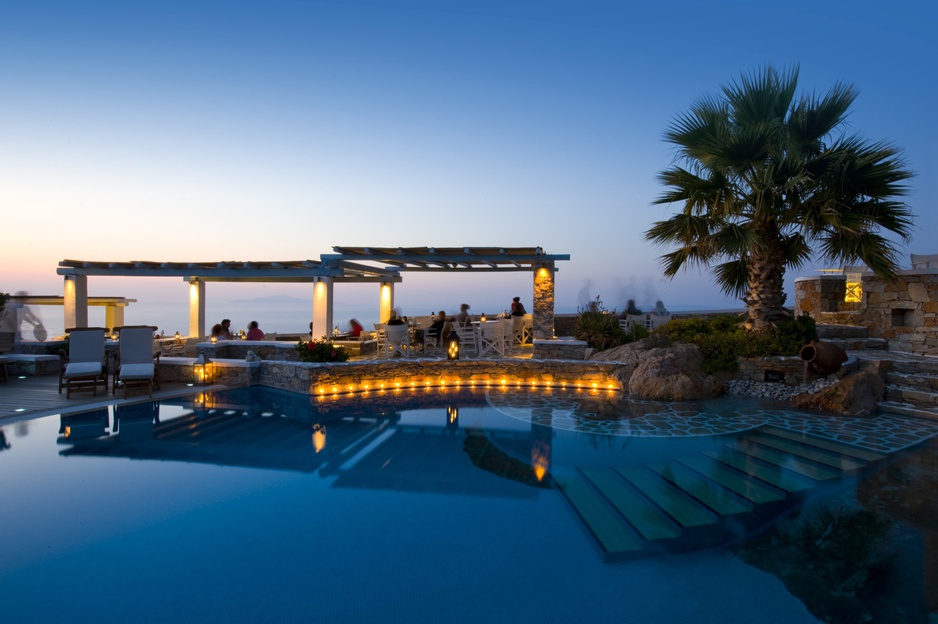
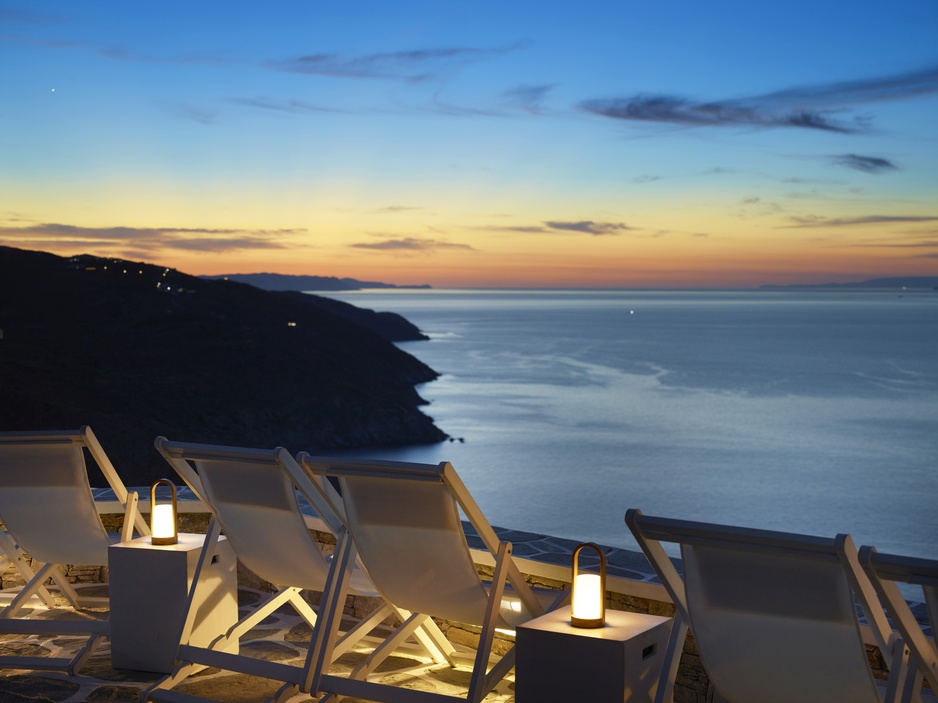
Chora, Folegandros Island Cyclades, Folegandros 840 11, Greece

